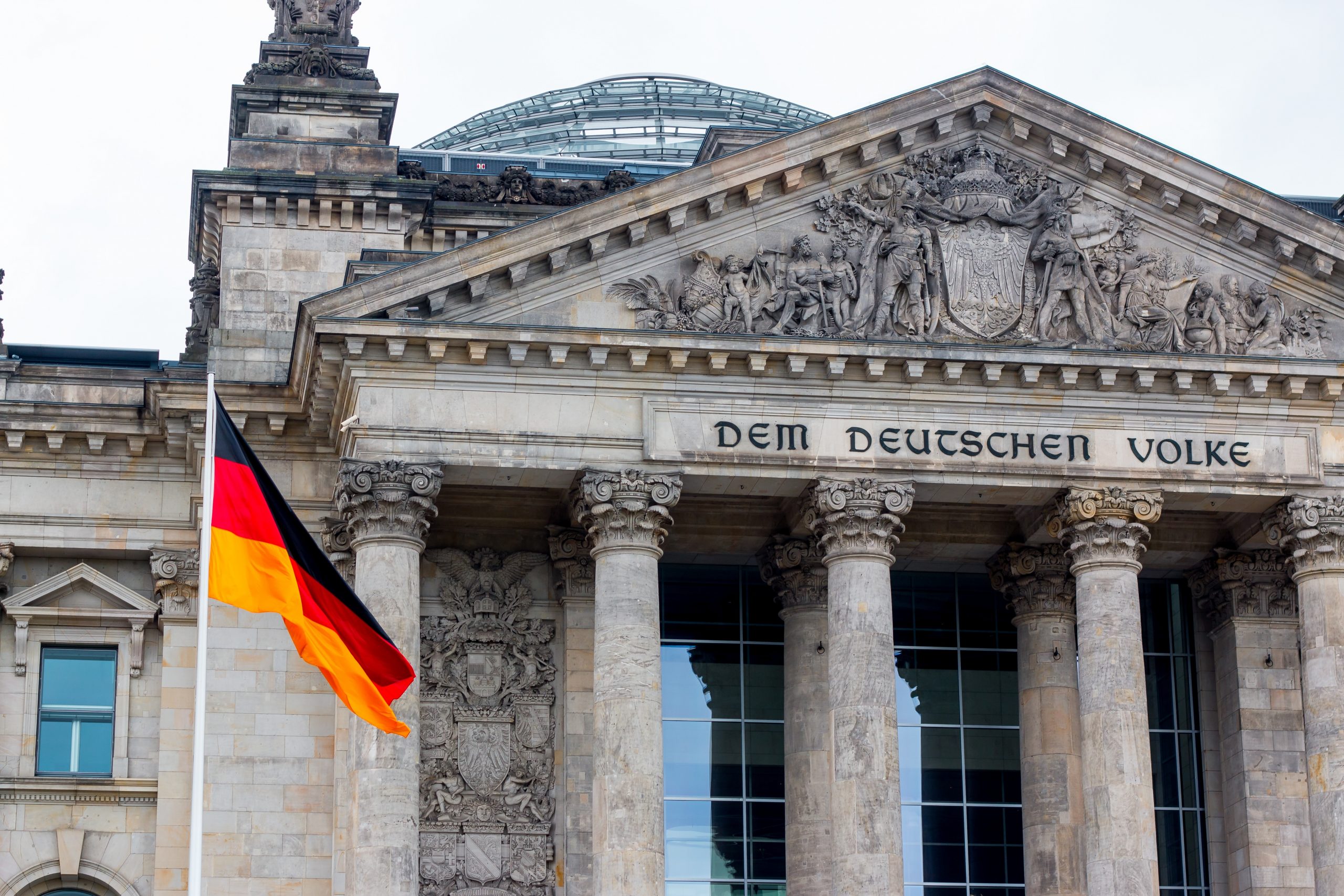SOURCE: Brownstone Institute
Photo: Rasmus Gundorff Sæderup
With the WHO hurtling towards adoption of the ‘Pandemic Treaty,’ as well as revisions of its International Health Regulations (IHR) which some knowledgeable observers regard as even more consequential, the predominant theory among opponents appears to be that the changes will consolidate the power of the WHO bureaucracy and hence of private interests which allegedly control the latter.
But, prima facie, the theory makes little sense. The WHO is, after all – like, say, the UN or the WTO – an international organization, in which negotiations take place among member-states and decisions are made by them. Private sources can contribute as much funding as they like, and this may well give them influence, but it will not give them a seat at the negotiating table or a vote. Without precise state sponsorship, a project like the Pandemic Treaty and the related revisions of the IHR could not even get off the ground.
And, lo and behold, if we go back far enough – before hardly anyone will have ever even heard the expression ‘pandemic treaty’ – we discover that the treaty did indeed have a state sponsor and that, unsurprisingly, the state in question is the very same state which, if albeit unbeknownst to the broader public, was the driving force behind the WHO’s Covid-19 ‘pandemic response:’ namely, Germany.
Thus, referring to then German Minister of Health Jens Spahn, the headline of a May 24, 2021 report from Germany’s DPA wire service reads: ‘Spahn Pushes for International Treaty: How the WHO Wants to Prevent a New Pandemic.’
But the article is not in fact about how the WHO wants to prevent a future pandemic, but rather about how Germany wants the WHO to prevent a future pandemic. Thus, the accompanying blurb reads: ‘How can a catastrophe like the Corona pandemic be prevented in the future? With a UN treaty, Germany and other countries believe. At the WHO meeting, they want to break the resistance of other countries.’
The article goes on to narrate how Germany and its allies wanted to use the WHO’s annual assembly, which was being held remotely that year and which began on that very day, in order to ‘fire off the starting pistol for an international pandemic treaty.’
And so it would come to pass.
